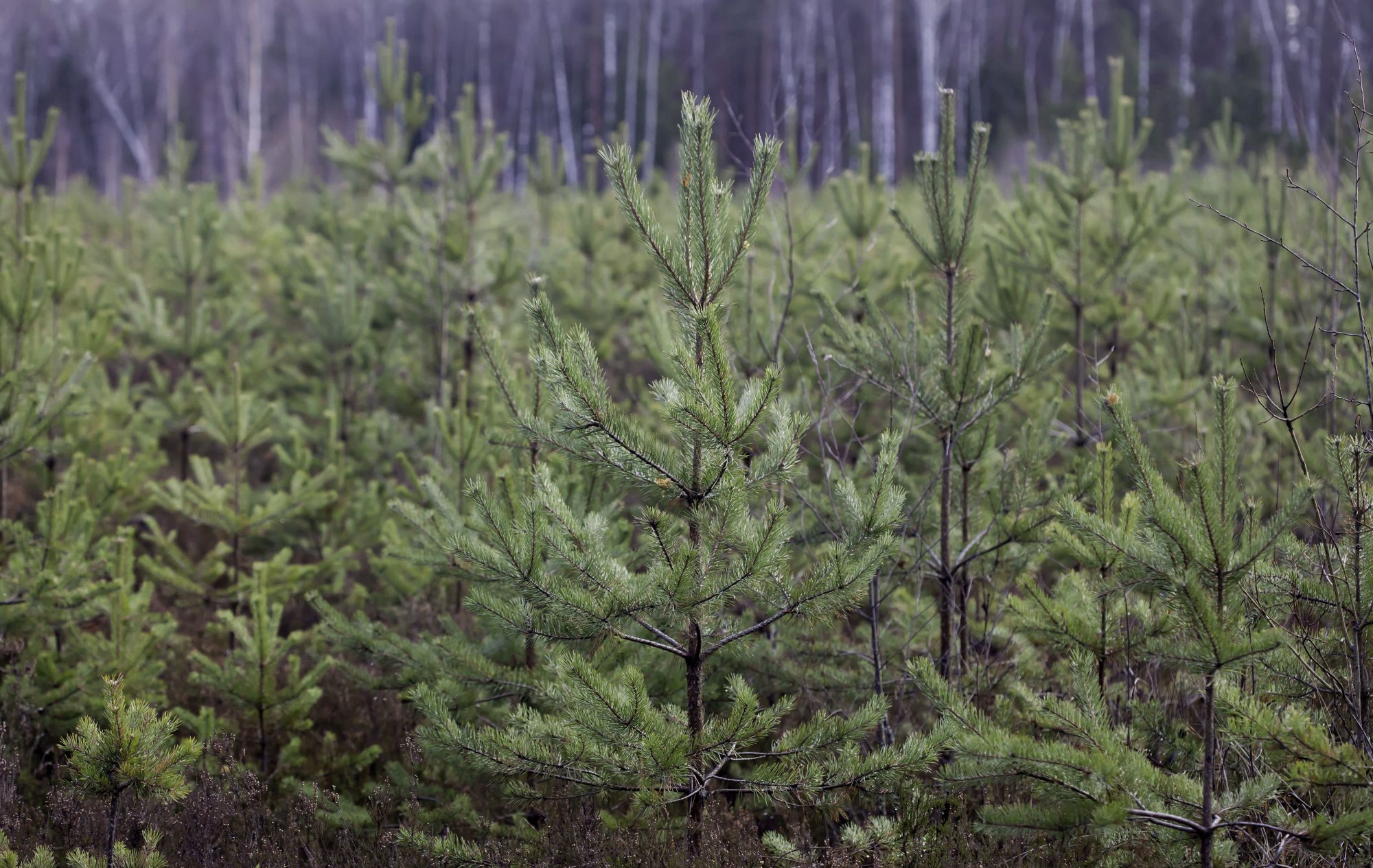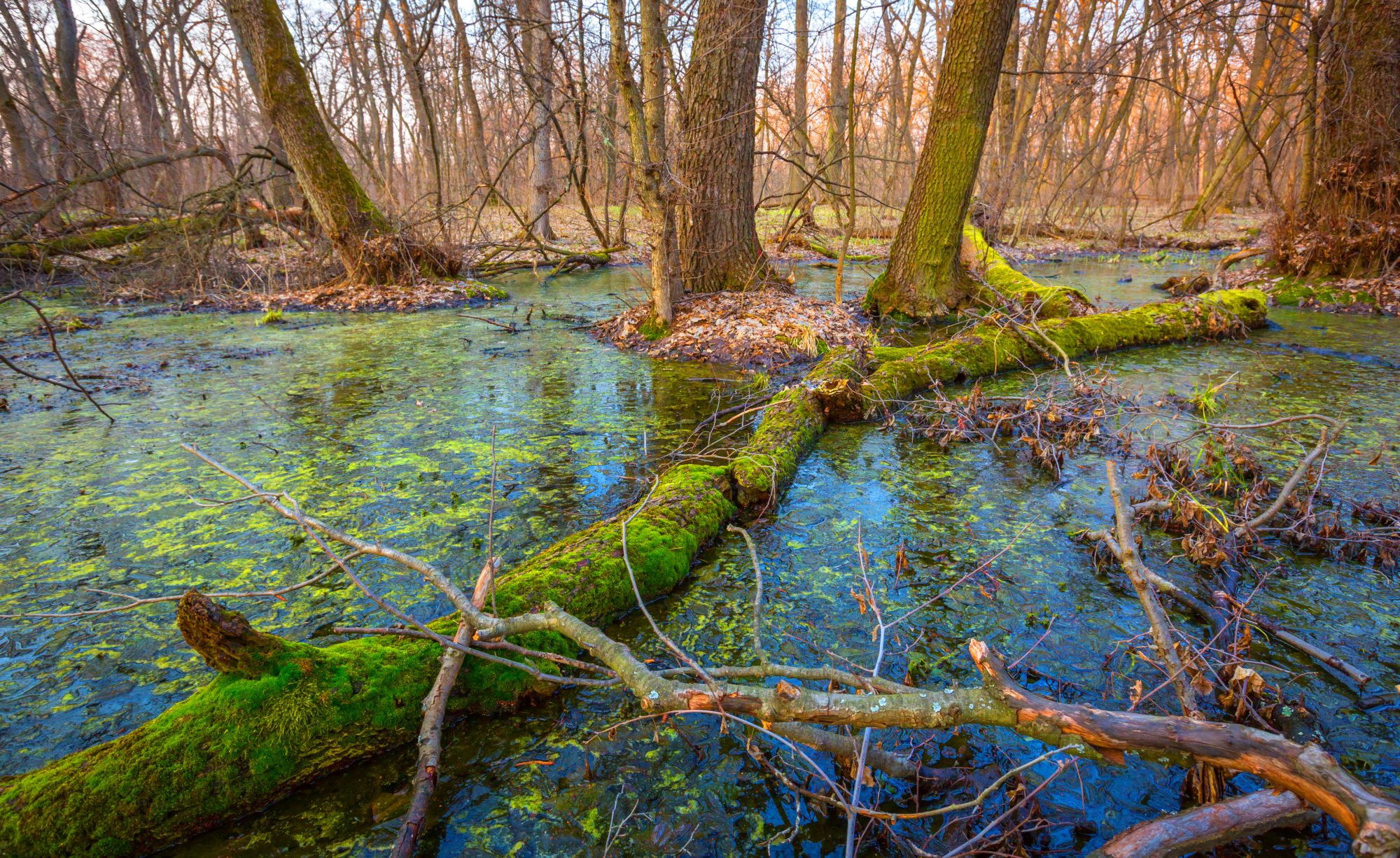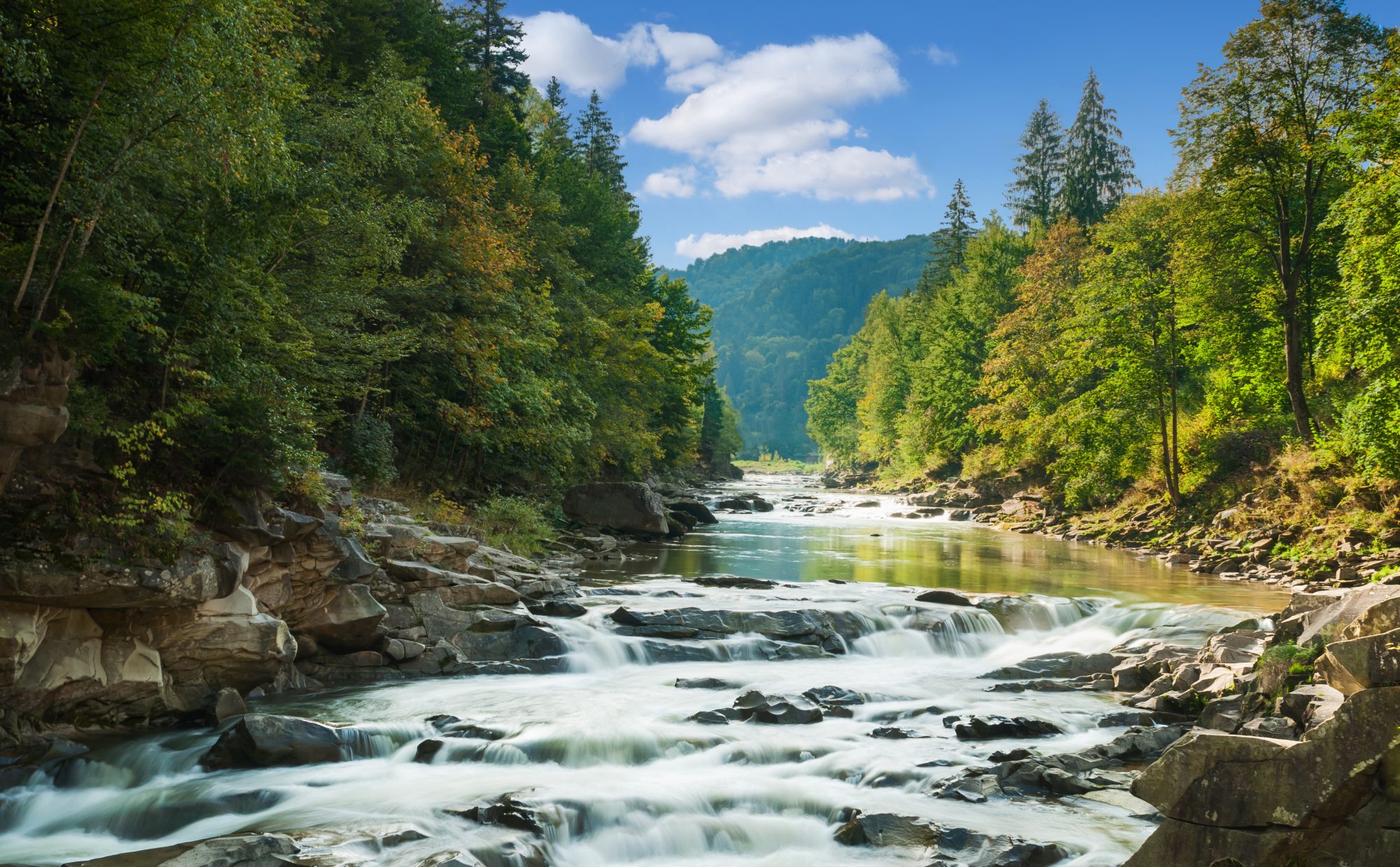NCASI’s forestry programs are addressing important technical questions related to sustainable forestry, third-party certification, forest environmental management, and government regulation of forestry operations. Our Forestry Staff includes leading researchers in wildlife, hydrology, forest ecology, biometrics, soil science, and silviculture.
Major programs in the U.S. include Forest Watersheds and Wetlands, Biomass, Forest Productivity, Carbon, and Climate Change; Biometrics and Forest Productivity; and Wildlife and Biological Diversity.
The Canadian Program features projects that cover Wildlife & Biodiversity, Watershed Management, and Conservation Planning.
All NCASI programs are designed by teams of industry experts and are carried out in collaboration with the best available scientists in NCASI member companies, government agencies, and leading universities.
NCASI’s forestry staff manages the programs with oversight and direction from task groups comprised of senior forest managers and expert scientists from NCASI Member Companies. NCASI research and technical support play important roles in the forest products industry’s overall response to challenges and opportunities related to forest environmental management and sustainable forestry practices.
Strategic priorities developed by the task groups provide a useful framework for NCASI’s annual program planning process.
NCASI maintains a vigorous consultative relationship with the community of North American foresters, including representatives of landowners, forest products companies, regulatory agencies, academic institutions, and other stakeholders.






